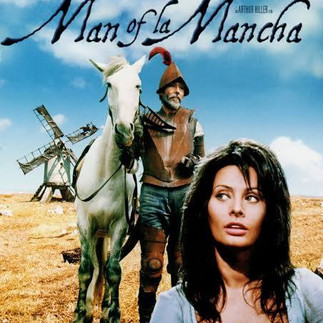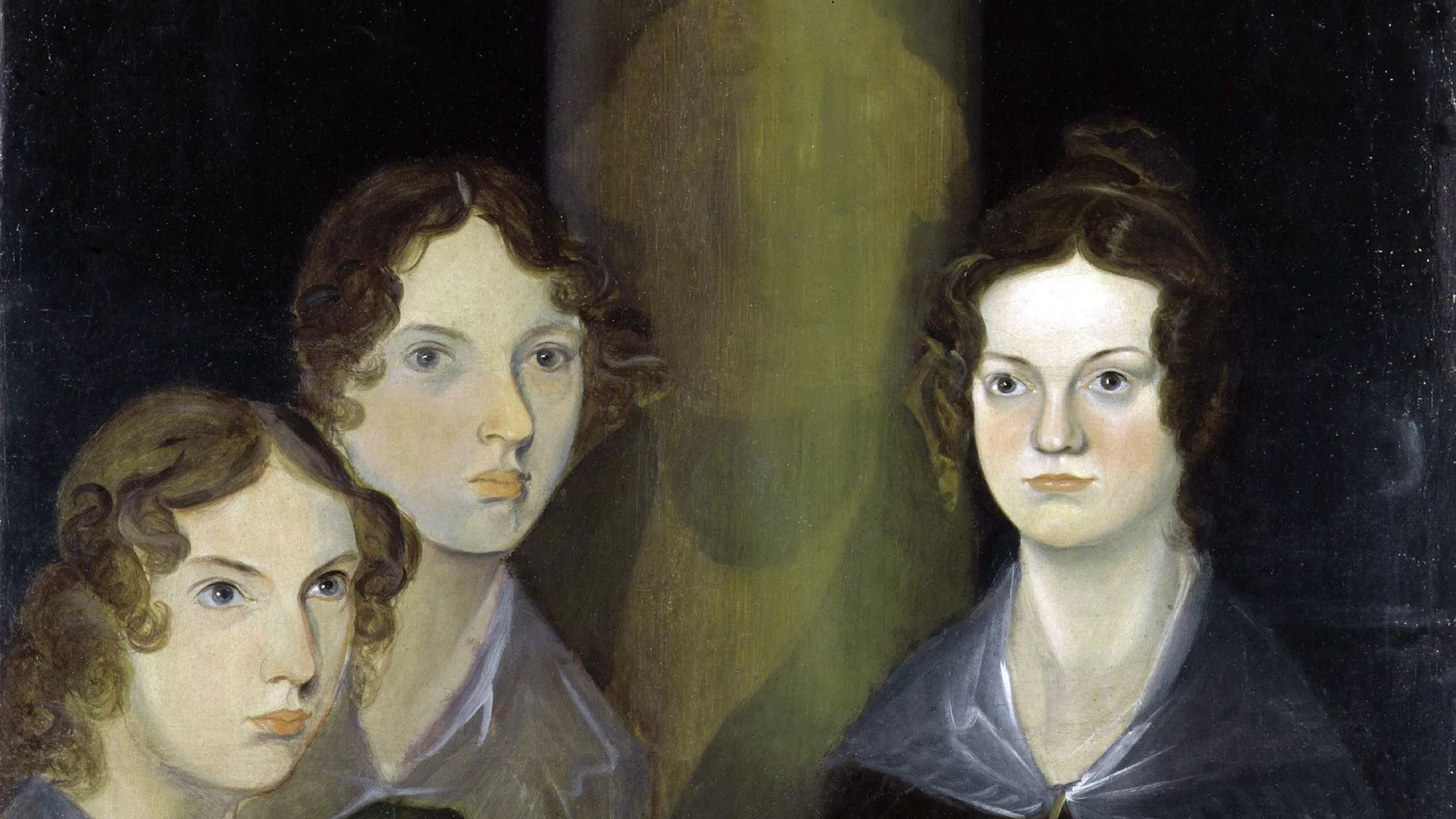To Fight the Unbeatable Foe
- Glen Smith
- May 10, 2025
- 5 min read

This blog was originally about Wi-Fi, but like all my blogs, which start in my head and when it comes the time to translate them from my thoughts to print, they change. I suppose my thought process changes, or I find something else that catches my attention and must be said. Be that as it may, I have put down my views on WiFi, but in a shortened version, at the end of the blog.
The Impossible Dream.
I heard this legendary song on the wireless (Radio) and remembered the film ‘Man of La Mancha’. In this film, the song lyrics take on a slightly different meaning. Joe Darion wrote the song and is also featured in the 1972 film of the same name starring Peter O'Toole. The words are motivating you to be the best you can and then some. In the film, he has to fight the unbeatable foe, to right the unrightable wrong, no matter how hopeless, no matter how far. To fight for the right without question or pause and to be willing to march into hell, so the world will be better for this, that one man, scorned and covered with scars, still strove with his last ounce of courage, to fight the unbeatable foe.
Strong lyrics urging us to have courage beyond our imagination.
The irony is in the detail. Here was one man who was slightly crazy, slightly senile, and his quest was to fight the unbeatable foe; the foe in this case was a windmill. Let’s face it, he had no chance. Firstly, the windmill was big and did not want to fight, it was just a windmill. Secondly, he thought the windmill was a dragon, come to take his beloved lady away.
The lady in question was Dulcinea del Toboso, Don Quixote believes he must have a lady, as he does not have one; he believes that chivalry requires it, so he invents her, making her the very model of female perfection. Needless to say, it all ends in tears. He and his manservant had to face trial by the Spanish Inquisition. Why? Now that is something I do not know.
There are some clips on YouTube if you are interested. https://images.app.goo.gl/t2xne19yLxGeoUkP8
Emily Brontë
We have just watched the movie, Emily, the story of Emily Brontë’s last ten years. In this semi-fictional account, Emily Brontë desires personal and artistic freedom but struggles within the boundaries of her family and society. She finds a way to channel her creative ability into writing a novel. Emily, by all accounts, was a headstrong woman who did not conform to social norms. This was a problem for her family, but Emily did not see life that way. Her brother was very close to her, and once said, he thought she should have been born a boy; nothing would have stopped her then. I am not sure she agreed.
In 1842, Emily accompanied Charlotte Brontë, her sister, to the Heger Pensionnat in Brussels, Belgium, where they attended the girls' academy run by Constantin Heger in the hope of perfecting their French and German before opening their own school.
It is here that she said. "I wish to be as God made me.”
Heger seems to have been impressed with the strength of Emily's character, also saying, she should have been a man:
She should have been a man – a great navigator. Her powerful reason would have deduced new spheres of discovery from the knowledge of the old; and her strong imperious will would never have been daunted by opposition or difficulty, never have given way but with life. She had a head for logic, and a capability of argument unusual in a man and rarer indeed in a woman... impairing this gift was her stubborn tenacity of will, which rendered her obtuse to all reasoning where her own wishes, or her own sense of right, was concerned. Constantin Heger
In the film, she has a love affair with the village priest. The film does concentrate on a fictional romantic relationship with the young curate William Weightman. They meet at a disused cottage and, after many attempts, finally make love. He, being a curate, thinks it is a sin and has nothing to do with her for a while, until the next time. After he tells her he wants nothing more to do with her, she is a little lost, but her brother gives her some good advice, and she goes off to the Heger Pensionnat with Charlotte. I feel the following words were aimed at William.
Vain are the thousand creeds that move men's hearts, unutterably vain, worthless as withered weeds or idlest froth amid the boundless main.

She never gets married, that we do know. We all know her for her book Wuthering Heights, but she did write much more, mainly poems and short stories. My favourite poem is ‘No Coward Soul is Mine.’ I suggest you read it slowly, it is worth it.
No Coward Soul is Mine
No coward soul is mine
No trembler in the world's storm-troubled sphere
I see Heaven's glories shine
And Faith shines equal arming me from Fear
O God within my breast
Almighty ever-present Deity
Life, that in me hast rest,
As I Undying Life, have power in Thee
Vain are the thousand creeds
That move men's hearts, unutterably vain,
Worthless as withered weeds
Or idlest froth amid the boundless main
To waken doubt in one
Holding so fast by thy infinity,
So surely anchored on
The steadfast rock of Immortality.
With wide-embracing love
Thy spirit animates eternal years
Pervades and broods above,
Changes, sustains, dissolves, creates and rears
Though earth and moon were gone
And suns and universes ceased to be
And Thou wert left alone
Every Existence would exist in thee
There is not room for Death
Nor atom that his might could render void
Since thou art Being and Breath
And what thou art may never be destroyed.
Emily Bronte (January 2nd, 1846)
Wireless, Radio, WiFi

The earliest documented use of the word "wireless" appears in the 1820s, specifically from 1825 in the Monthly Review. The term was formed in English by combining "wire" and "-less," according to the Oxford English Dictionary. In the context of technology, "wireless" first referred to transmitting signals without wires, as seen in early experiments with telegraphy in the 1870s. Guglielmo Marconi's successful wireless telegraph system in 1897 popularised the term, and it later became associated with radio broadcasting and other wireless communication technologies.
Here's a more detailed breakdown:
• 1820s: The word "wireless" emerges in English, initially referring to a lack of wires.
• 1870s: Attempts to send signals without wires, like in telegraphy, use the term "wireless".
• 1890s: Guglielmo Marconi's successful wireless telegraph (radio) solidifies the term "wireless" in the scientific and technical lexicon.
• Early 20th Century: "Wireless" is applied to various forms of radio, including broadcasting and telephony.
• 1920s-1960s: The term "radio" increasingly replaces "wireless" in everyday language, especially in the UK and English-speaking countries.
• 1980s-1990s: "Wireless" is revived to distinguish devices that communicate without wires, like WiFi.
Wi-Fi
What is Wi-Fi?
For many people, the term Wi-Fi is now synonymous with “Internet”. But to be accurate, it’s just a wireless connection standard. If you’re using a wireless device, then Wi-Fi may be bringing you your internet connection, but it is not the internet.
Wi-Fi is essentially a very advanced digital radio using frequencies between 2 gigahertz and 5 gigahertz in the electromagnetic spectrum, which is around the same area as microwave ovens.
It is amazing how we have the term Wireless still with us. Thank you Guglielmo Marconi, 1897.














Comments